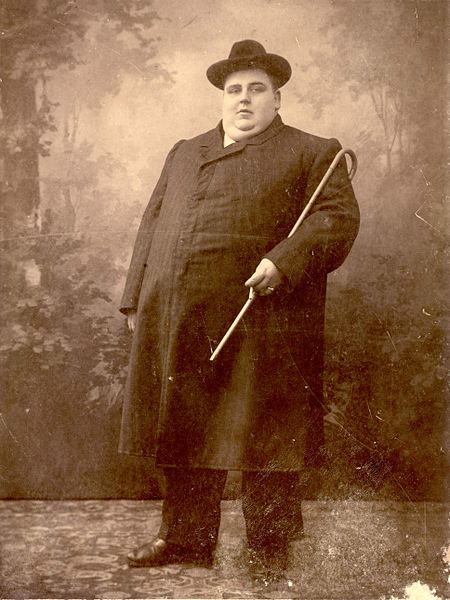Michael Moss’ New York Times Magazine article “The Extraordinary Science of Addictive Junk Food” looks at how American food industry leaders convened more than a dozen years ago to combat the country’s growing obesity problem–and then acted in a way to make it worse. It’s a must-read.
You probably shouldn’t live on a cactus diet, but you also shouldn’t eat any processed foods. They’ll harm you. An excerpt about Kraft VP Michael Mudd being shot down when he attempted to make the corporate sector more pro-active about being pro-health:
“Mudd then presented the plan he and others had devised to address the obesity problem. Merely getting the executives to acknowledge some culpability was an important first step, he knew, so his plan would start off with a small but crucial move: the industry should use the expertise of scientists — its own and others — to gain a deeper understanding of what was driving Americans to overeat. Once this was achieved, the effort could unfold on several fronts. To be sure, there would be no getting around the role that packaged foods and drinks play in overconsumption. They would have to pull back on their use of salt, sugar and fat, perhaps by imposing industrywide limits. But it wasn’t just a matter of these three ingredients; the schemes they used to advertise and market their products were critical, too. Mudd proposed creating a ‘code to guide the nutritional aspects of food marketing, especially to children.’
‘We are saying that the industry should make a sincere effort to be part of the solution,’ Mudd concluded. ‘And that by doing so, we can help to defuse the criticism that’s building against us.’
What happened next was not written down. But according to three participants, when Mudd stopped talking, the one C.E.O. whose recent exploits in the grocery store had awed the rest of the industry stood up to speak. His name was Stephen Sanger, and he was also the person — as head of General Mills — who had the most to lose when it came to dealing with obesity. Under his leadership, General Mills had overtaken not just the cereal aisle but other sections of the grocery store. The company’s Yoplait brand had transformed traditional unsweetened breakfast yogurt into a veritable dessert. It now had twice as much sugar per serving as General Mills’ marshmallow cereal Lucky Charms. And yet, because of yogurt’s well-tended image as a wholesome snack, sales of Yoplait were soaring, with annual revenue topping $500 million. Emboldened by the success, the company’s development wing pushed even harder, inventing a Yoplait variation that came in a squeezable tube — perfect for kids. They called it Go-Gurt and rolled it out nationally in the weeks before the C.E.O. meeting. (By year’s end, it would hit $100 million in sales.)
According to the sources I spoke with, Sanger began by reminding the group that consumers were ‘fickle.’ (Sanger declined to be interviewed.) Sometimes they worried about sugar, other times fat. General Mills, he said, acted responsibly to both the public and shareholders by offering products to satisfy dieters and other concerned shoppers, from low sugar to added whole grains. But most often, he said, people bought what they liked, and they liked what tasted good. ‘Don’t talk to me about nutrition,’ he reportedly said, taking on the voice of the typical consumer. ‘Talk to me about taste, and if this stuff tastes better, don’t run around trying to sell stuff that doesn’t taste good.’
To react to the critics, Sanger said, would jeopardize the sanctity of the recipes that had made his products so successful. General Mills would not pull back. He would push his people onward, and he urged his peers to do the same. Sanger’s response effectively ended the meeting.”
Tags: Michael Moss, Michael Mudd, Stephen Sange

